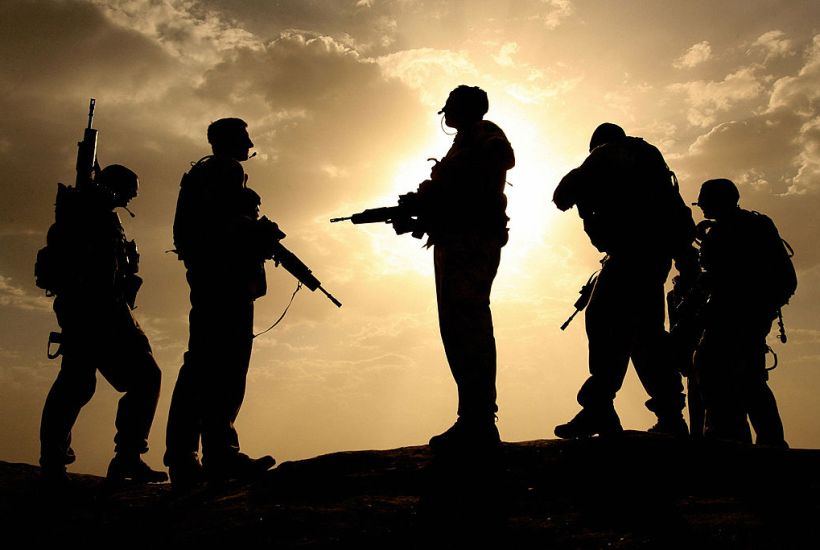The sweet salvation of the summer recess over, we returned to Sandhurst for our final term of officer training. It was 11 September, 2001 – a day that started with a hike in the sunshine and which came to define my time in the British Army. The events of 9/11 would lead to my own deployment in Afghanistan and Iraq, and the loss of dear friends and comrades.
Already a subscriber? Log in
Subscribe for just $2 a week
Try a month of The Spectator Australia absolutely free and without commitment. Not only that but – if you choose to continue – you’ll pay just $2 a week for your first year.
- Unlimited access to spectator.com.au and app
- The weekly edition on the Spectator Australia app
- Spectator podcasts and newsletters
- Full access to spectator.co.uk
Or




















Comments
Don't miss out
Join the conversation with other Spectator Australia readers. Subscribe to leave a comment.
SUBSCRIBEAlready a subscriber? Log in